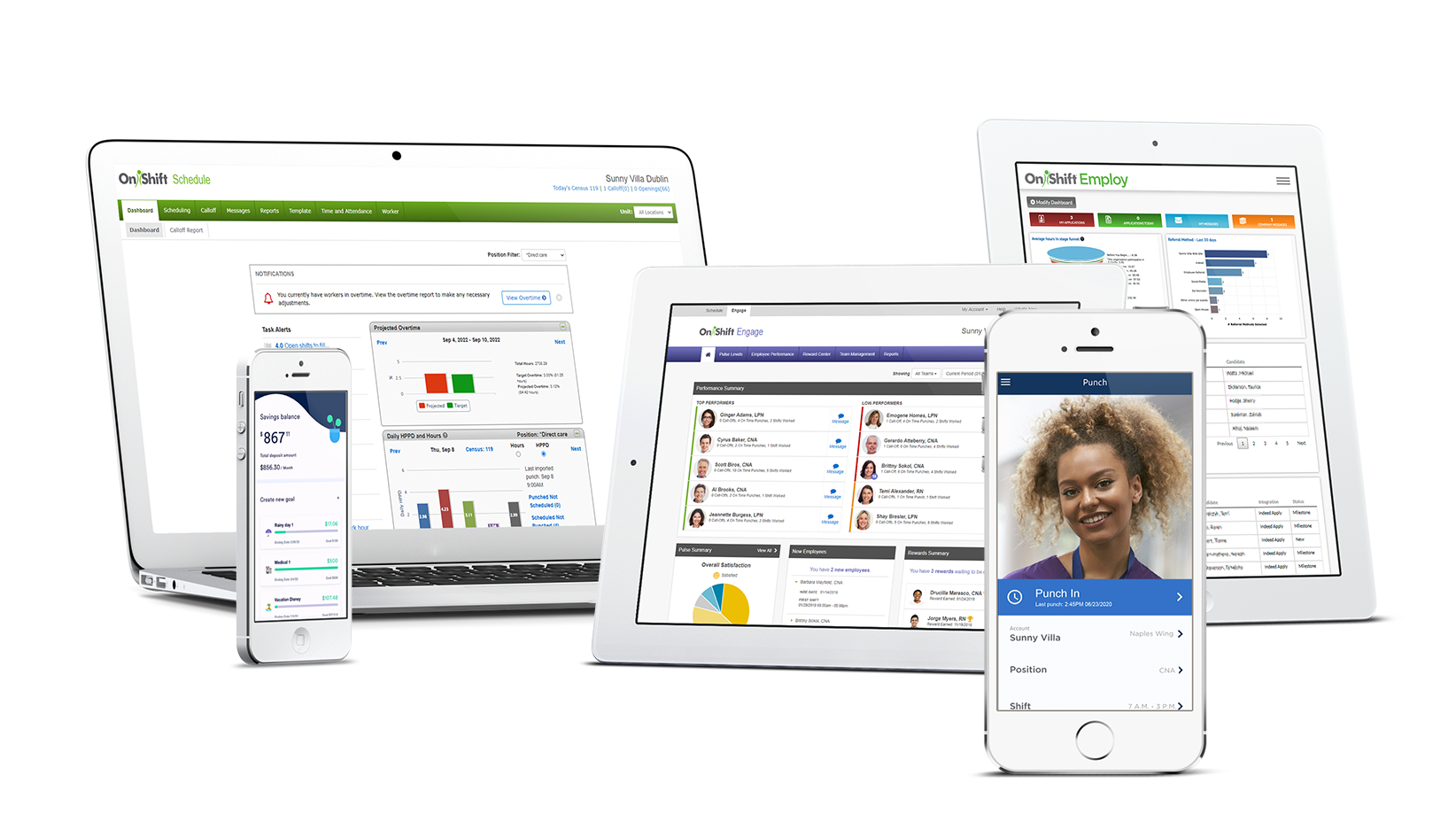December 15, 2015 | Irene Fleshner
December 15, 2015 | Irene Fleshner
Happy is a word we hear used a lot during the ho lidays. I started to think about the meaning of “happy,” and found myself singing the Pharrell Williams song, “Happy,” and then thought of a smiley face icon and the dictionary definition of “happy - being delighted or pleased”.
lidays. I started to think about the meaning of “happy,” and found myself singing the Pharrell Williams song, “Happy,” and then thought of a smiley face icon and the dictionary definition of “happy - being delighted or pleased”.
As these thoughts began to fade, my daughter called and mentioned that she’s unhappy at work and looking for a new job. It occurred to me that we, in the long-term post-acute (LTPAC) profession, would benefit from focusing on happiness as a retention strategy.
Tony Hsieh, the CEO of Zappos, wrote a book entitled Delivering Happiness. In it, Tony outlines his vision of how a very different kind of corporate culture can be a powerful way to build success. He describes how Zappos applies research from the science of happiness to running its business. This may sound a little weird and out of the box, but Tony Hsieh built a company with over $1 billion in gross revenue (in 2009 when Amazon acquired the company) by focusing on building a strong corporate culture of happiness, and “by taking care of the needs of his employees, so they’re inspired to take care of the needs of their customers”.
What creates happiness? In general, most humans need to feel appreciated, whether it’s in personal relationships or in the workplace. As leaders, we need to constantly identify ways to demonstrate appreciation; anything from a simple thank you to more formal recognition programs can go a long way toward building happiness in our workforce.
However, happiness is subjective. In other words, what makes one individual happy may not make another. This gets to my second point which is the need to know your staff. Meet with them on a regular basis and find out what makes them “tick.” The understanding you gain from really knowing your staff will enable you to work with them to design strategies to meet their needs. There is no one-size-fits-all strategy toward building a happy workplace; however the following are a few ideas for you to consider.
Subscribe to the OnShift Blog
Recent Posts
Categories
About Irene Fleshner
Irene Fleshner, RN, MHA, FACHE, serves as a Principal for Reno Davis & Associates and the Senior Vice President for Strategic Nursing Initiatives for Genesis HealthCare.
See for yourself why thousands of providers rely on OnShift’s innovative software for recruitment, hiring, workforce management, pay and engagement. Request your personalized demo today.
